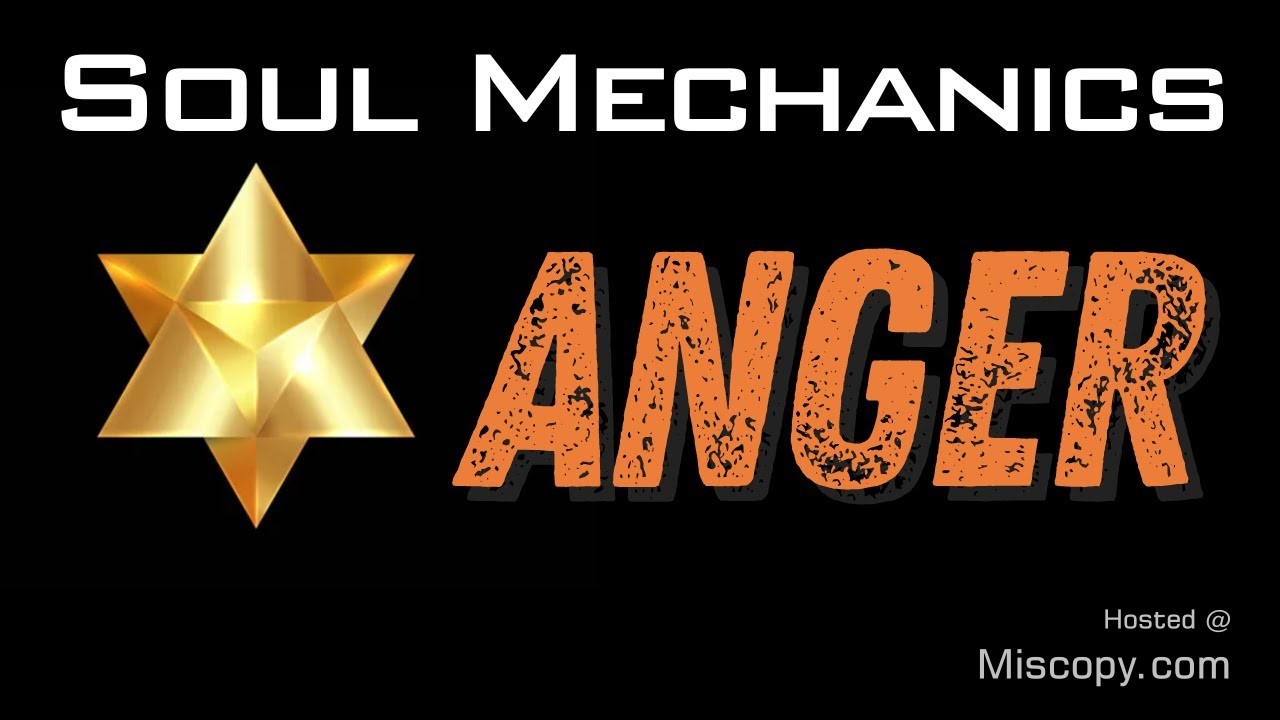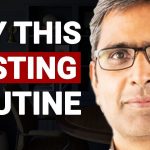In the YouTube video titled “ANGER: Root of Depression, Fatigue, Back Pain, Obesity“, Tim Shieff discusses the role of anger from a soul mechanics perspective. He suggests that anger provides direction, acting as a compass towards finding where we can access our pain and unravel our emotional wounds.
Tim Shieff emphasizes the importance of accessing and resolving childhood emotions to regain our authentic selves. He discusses how our emotions are stored in our souls and can lead to physical and emotional issues. The speaker advises understanding and compassion for our emotional wounds and deconstructing our facade self as our job. He also discusses the concept of spiritual addictions and addiction itself.
Tim argues that the root cause of addiction lies in emotional pain or the desire to suppress reality, regardless of the form of addiction. He advises viewers to acknowledge and address their beliefs about anger and connect with their emotions to process them, resulting in positive changes for themselves and the world. He notes that the internet has created more facade personas and the Law of Attraction is a constant physical law that triggers our anger.
Tim also discusses different approaches to anger and the benefits of owning and expressing anger as a means of addressing underlying issues. He recommends identifying triggers, practicing anger regularly, and connecting with one’s desire for what they want. They emphasize the importance of self-reflection and awareness. The main themes discussed are emotions, self-awareness, and personal growth.
Detailed Description
Tim Shieff begins by discussing the role of anger in our lives from a soul mechanics perspective. He suggests that anger provides us with direction, acting as a compass towards finding where we can access our pain and unravel our emotional wounds. The combination of core emotions and the hurt shell represent our inner child, the yolk in the egg is our nutritious substance that gives life force, and the white in between is the hurt self that protects the inner child. To regain our true and authentic selves, Timothy emphasizes the importance of accessing and resolving our childhood emotions.
Tim then discusses how our emotions are stored in our souls and can lead to a variety of physical and emotional issues. He explains that this can be due to beliefs learned from childhood or negative experiences caused by those around us. He suggests that the fixing the facade self is important for growth and healing, desensitizing us to pain and emotional fears, and that it’s a way for us to suppress reality. He advises understanding and compassion for the facade self and deconstructing it as our job.
Tim further discusses the importance of recognizing emotions and understanding how to heal from them. He also discusses various types of addictions, including physical and emotional addictions, as well as beliefs and judgments that can lead to these addictions. Addictions, in their view, have a precise link to emotions and often cover up emotions with positive feelings. He encourages listeners to reflect on their own emotional addictions, judgments, and beliefs, which he suggests will reveal similar themes in their lives.
He goes on to discuss the concept of spiritual addictions and how they can lead to negative emotions such as anger, depression, and addiction itself. Tim argues that spiritual addictions are not necessarily a bad thing but rather a symptom of emotional pain or a desire for comfort and satisfaction. He explains that the root cause of addiction lies in emotional pain or the desire to suppress fear, regardless of the form of addiction. He also discusses the main reasons for anger, which include entitlement, and how it can be used to take back power and control a situation.
Later Tim Shieff addresses the concept of anger and its relationship to depression, fatigue, back pain, and obesity. He argues that anger is often a response to feelings of unloved, untrusted, or disrespected, and that it can lead to a cycle of pain and sadness if not addressed. He suggests that softening to these feelings and recognizing the pain below can lead to positive changes, both for oneself and the world. He also cautions against reacting to anger with aggression or manipulation, as this can lead to physical issues and damage relationships.
After that, Tim discusses how organs are connected to other things and how skin issues, chronic fatigue, weight gain, and depression can be linked to suppressed anger. Suppressed anger can lead to addiction and can be a major cause of depression. The speaker notes that the internet has created more facade personas and suggests that the Law of Attraction is a constant physical law that triggers our anger. He discusses the need to acknowledge and address our beliefs about anger and suggests that taking action and engaging with others can help us process our emotions.
When discussing different approaches to anger, the first approach suggested is to wear a mask and put on a smile to appear happy and not angry to others. The second approach is to own one’s anger and express it, but not project it on others. Tim emphasizes the importance of finding a private place to express one’s anger and not attacking or hurting themselves. He also mentions different techniques to get anger out, such as punching a bag or a baseball mat or screaming and punching a pillow.
Tim then discusses the benefits of owning and expressing anger as a means of addressing underlying issues. He recommends identifying triggers, practicing anger regularly, and connecting with one’s desire for what they want. He also emphasizes the importance of self-reflection and awareness. Tim acknowledges that others may judge their actions, but encourages viewers to explain their practice to those around them and to not care about their judgement.
At the end, Tim Shieff discusses the concept of emotions and how working through anger can lead to understanding and coping with sadness, grief, and other difficult emotions. He also mentions the importance of being aware of emotions and how connecting with them can lead to personal growth and healing. Tim also shares personal experiences with his own emotions and recommends resources for further learning and growth.





Leave a Reply